
Politics, Oxford Brookes University. Researching security, terrorism, counterterrorism, public opinion
Reposted by Michael Lister

New article out in International Affairs! 'After Nord Stream: four security dilemmas in critical maritime infrastructure protection' – open access.
How do efforts to protect pipelines, cables & wind farms paradoxically create new vulnerabilities?
🔗 academic.oup.com/ia/advance-a...
Reposted by Lee Jarvis

link.springer.com/book/10.1007...
Reposted by Michael Lister

@secdialogue.bsky.social blog covering Vernacular security, Hezbollah's endurance and threat forecasting:
Reposted by Lee Jarvis

Reposted by Lee Jarvis, Michael Lister

Reposted by Michael Lister
Reposted by Michael Lister

Akin, with Prof. Lee Jarvis (University of Adelaide) and Prof. Michael Lister (Oxford Brookes), examines vernacular security in Security Dialogue.
journals.sagepub.com/doi/10.1177/...
Reposted by Michael Lister
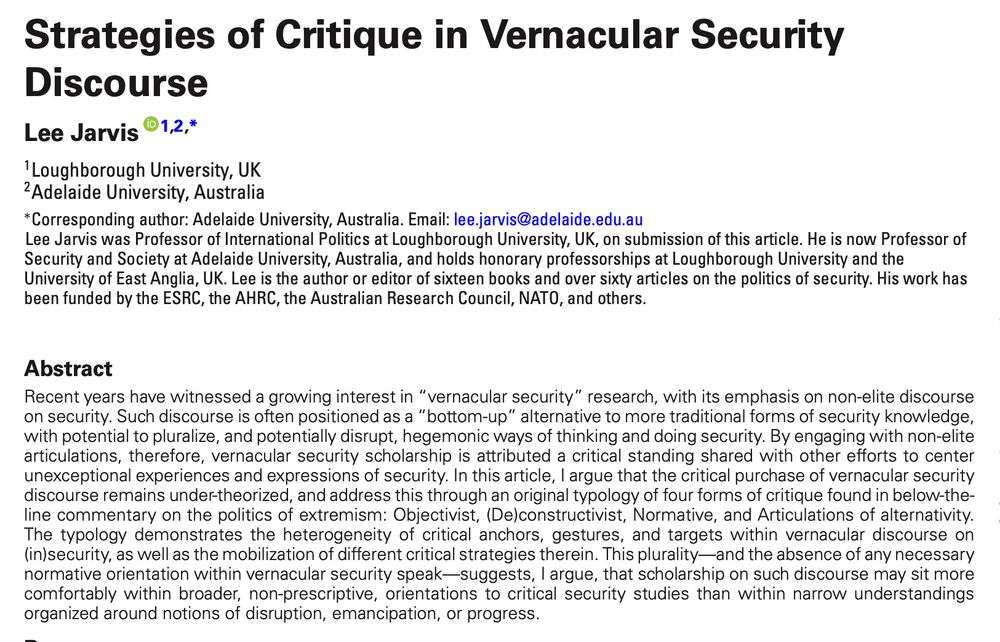

Reposted by Michael Lister
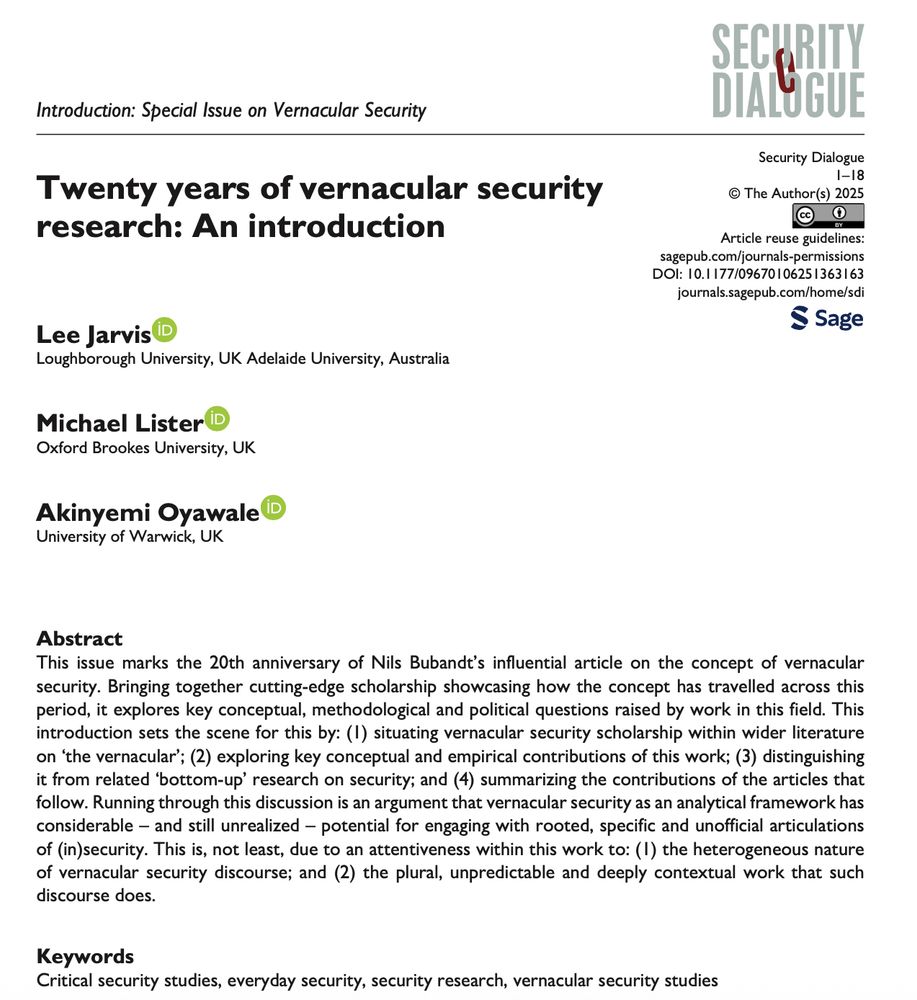

Reposted by Michael Lister
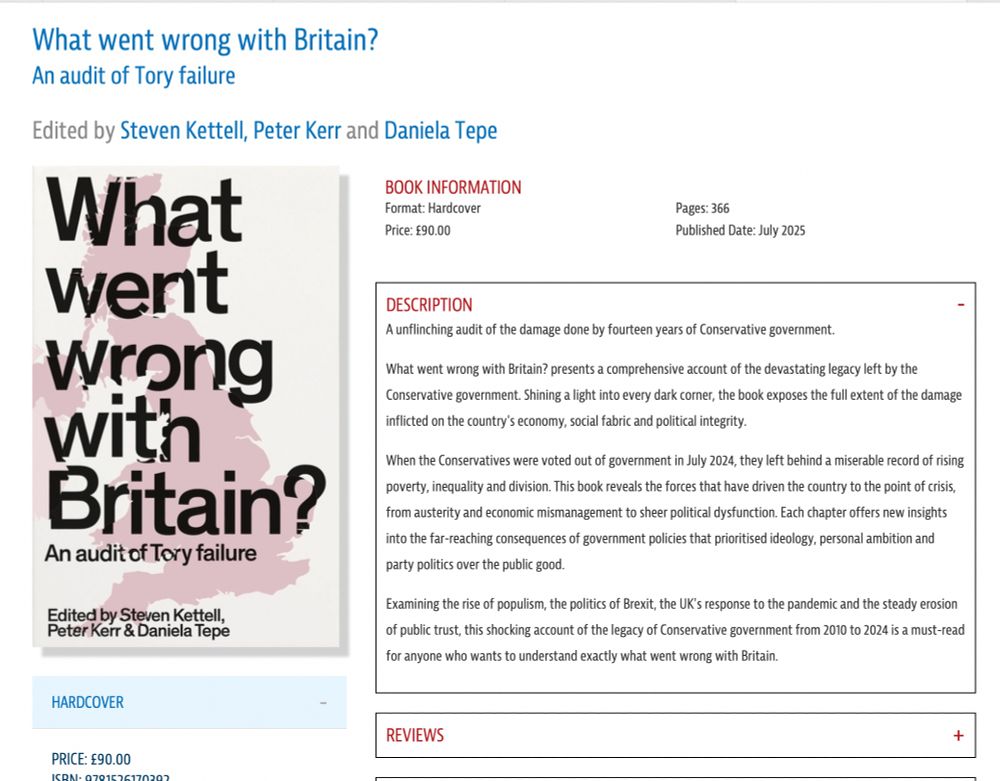
Reposted by Michael Lister
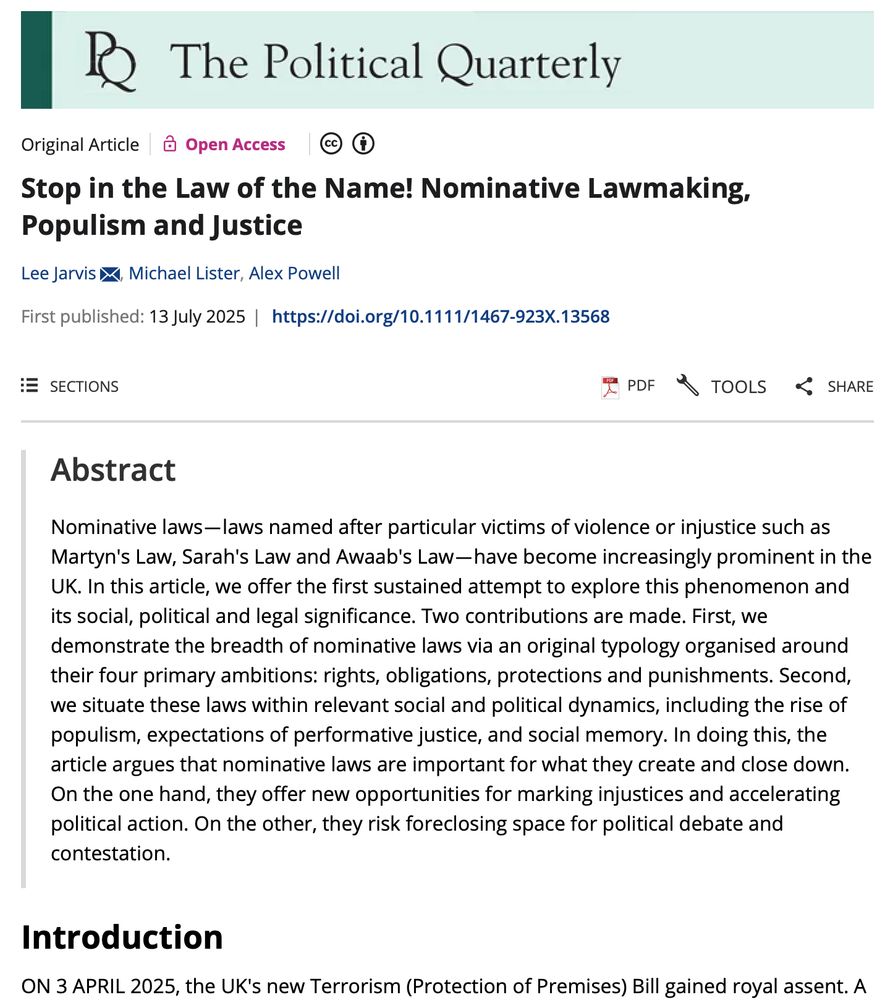
Reposted by Lee Jarvis, Michael Lister
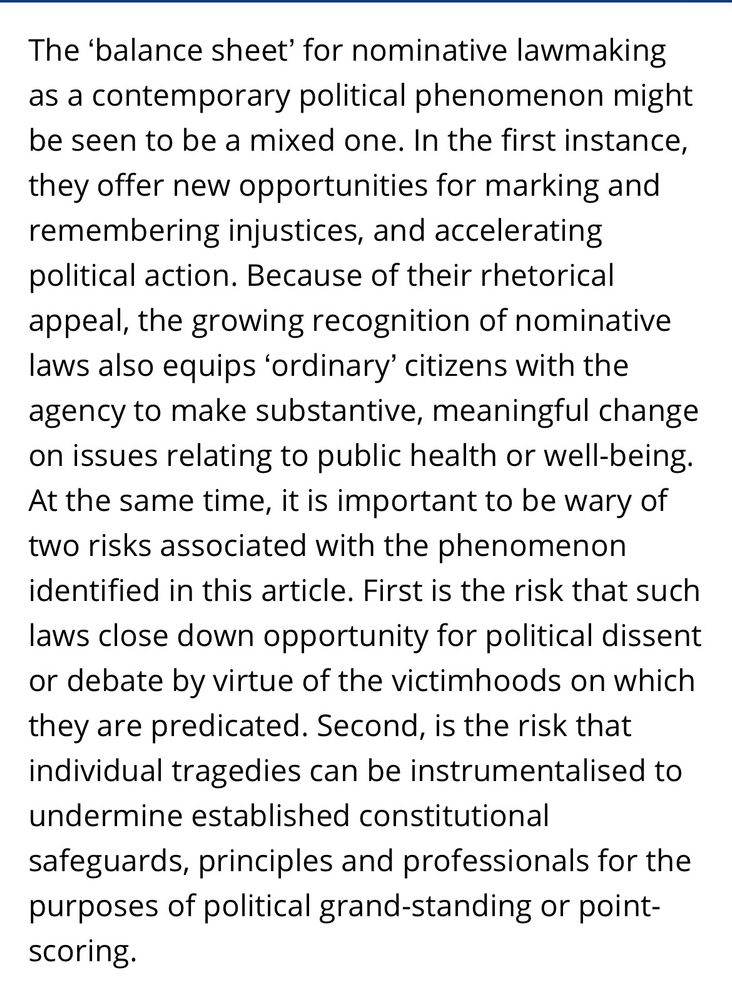
onlinelibrary.wiley.com/doi/10.1111/...
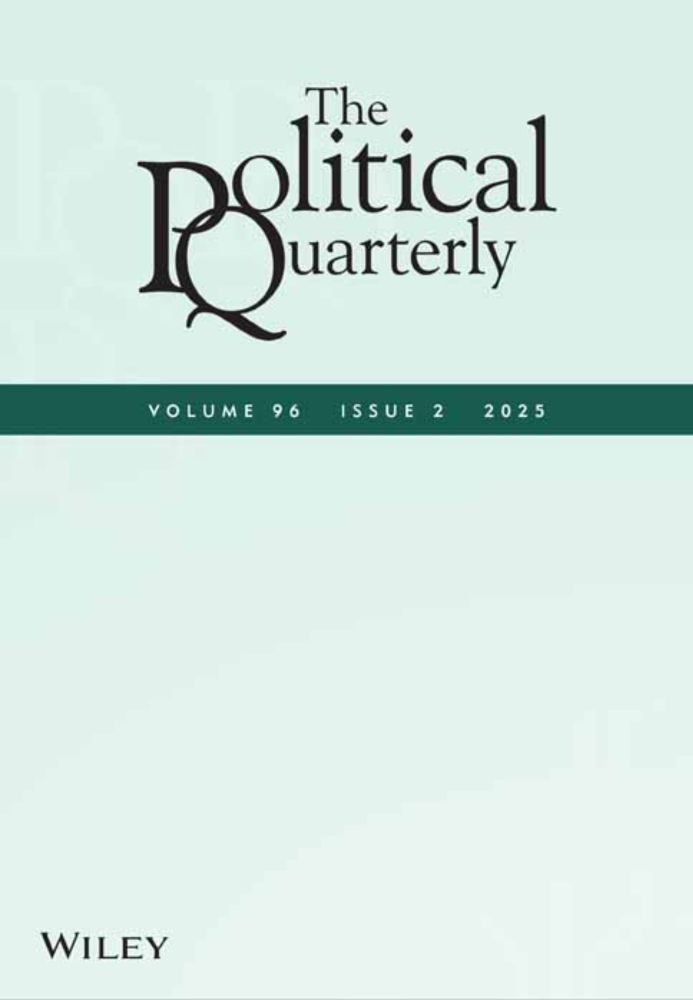
Reposted by Lee Jarvis, Michael Lister

onlinelibrary.wiley.com/doi/10.1111/...
Reposted by Michael Lister

Reposted by Michael Lister


Reposted by Michael Lister

Reposted by Lee Jarvis, Michael Lister
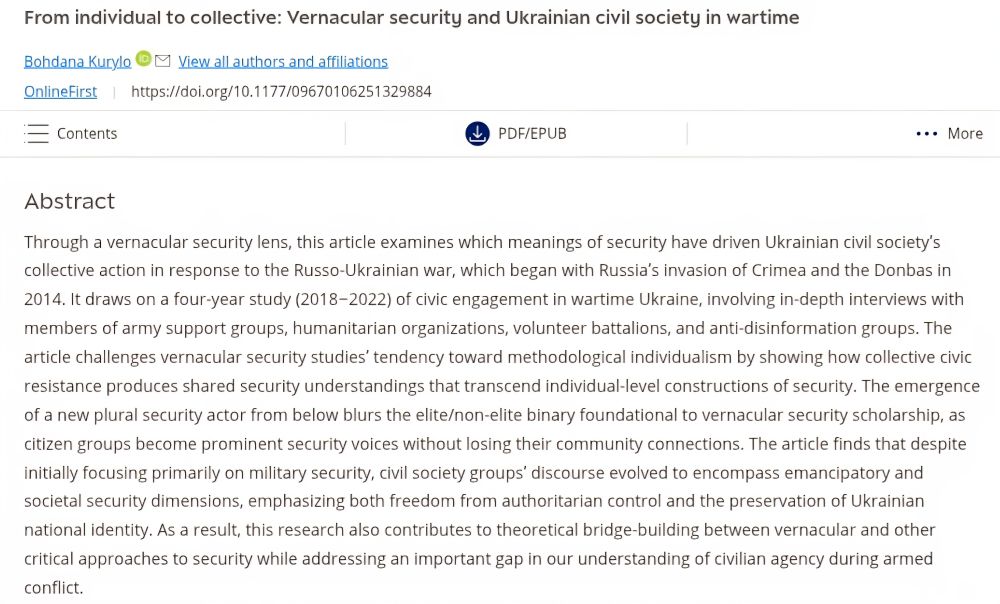
My new article, "From individual to collective: Vernacular security and #Ukrainian civil society in wartime" - part of the special issue on the 20th anniversary of #VernacularSecurity
doi.org/10.1177/0967...
Reposted by Michael Lister
@polstudiesassoc.bsky.social
@sagepub.com

www.routledge.com/Public-Opini... (2/2)

journals.sagepub.com/doi/10.1177/...

